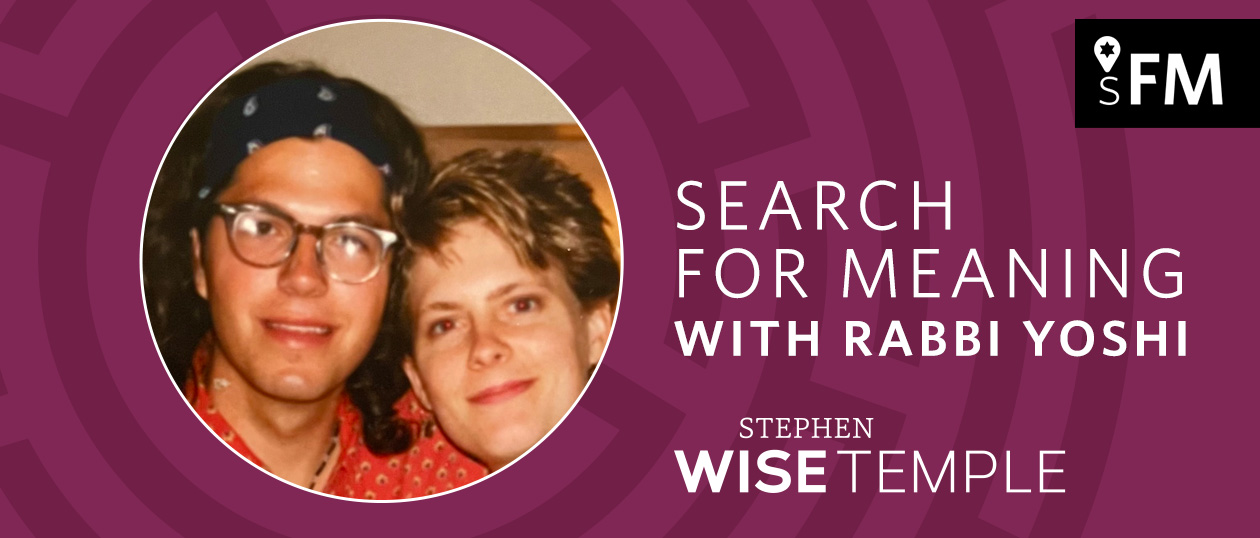If you have been any kind of nerd or geek or pop culture enthusiast in the last 20 years, chances are you know the voice of Rabbi Yoshi’s guest this week on the Search for Meaning podcast: voiceover actress Vanessa Marshall.
Though she has lent her voice to 226 shows, games, and movies, Vanessa is perhaps most famous for originating the role of General Hera Syndulla, the Twi’lek pilot and one of the main protagonists in the Emmy-nominated Star Wars animated series Star Wars: Rebels. She has gone on to voice the character—portrayed in the new live-action Disney+ series Ahsoka by Mary Elizabeth Winstead—in her subsequent appearances in the series Star Wars: The Bad Batch, and continues to voice her in games and online web series.
During her career, she has voiced heroes—Metroid Prime’s Samus Aran, Marvel’s Black Widow and Gamora, and DC’s Wonder Woman and Black Canary—and villains—DC’s Poison Ivy and Catwoman, and Marvel’s Hela, goddess of the underworld.
She’s lent her voice to characters in multiple Star Wars video games (including Knights of the Old Republic II). You can hear her work in the Metal Gear Solid (Strangelove), Doom, Diablo, Ratchet & Clank, Mortal Kombat (Sonya Blade and Sheeva, and Mass Effect video game franchises; video game adaptations of the Dune novels, the James Bond franchise, Edgar Rice Burroughs’ Conan, and Pirates of the Caribbean.
Oh, and she also happens to have been Rabbi Yoshi’s dorm neighbor during their freshman year at Princeton. From her parents—news reporter John Marshall and actress Joan Van Ark—to her unconventional path from a stand-up comic and plus-sized model to nerd queen, Vanessa tells her story with fun, excitement, and humor, while reflecting on the lessons she’s learned.
The two talk their Princeton past, Comic Con, Twitch (follow her @VanessaMarshall1138), esports, playing “badass women,” and using her influence to raise money for Native American communities, the Autism Society, and the Wounded Warrior Project. Inclusivity and representation are also big topics as Vanessa speaks about making space for marginalized voices, and the controversial practice of “Jewface”—affecting a type of Brooklyn/New York accent.

